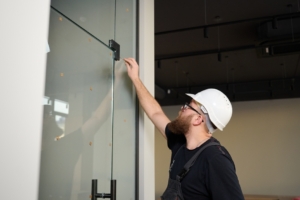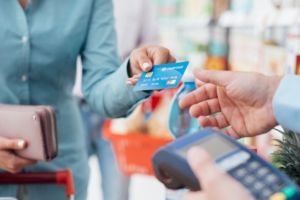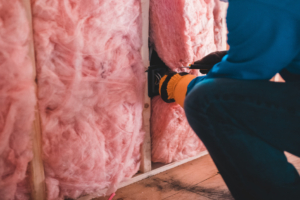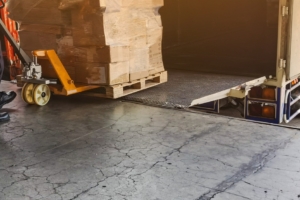Common Things You Didn’t Know Were Harmful Waste

Most people probably think of themselves as being environmentally conscientious. We use materials like paper and plastic sparingly, recycle when we can, and try not to waste money and resources on single-use items. Still, sometimes we overlook the worst kinds of waste, often because they appear harmless or we’re simply unaware of their effects on the ecosystem.
Here are several common things you didn’t know were harmful waste and the best ways to deal with them.
Batteries
Truth be told, batteries are not intended for the landfill. They may contain harmful chemicals, such as lead, cadmium, mercury, lead, and more. Left to the landfill, battery casings eventually rust and break, releasing these chemicals into the dirt and groundwater surrounding and flowing under the dump. Check to see if your local hardware or electronics stores and recycling centers accept used batteries for disposal and recycling. For extra sustainability, switch to rechargeable batteries, which last far longer.
Electronics (E-Waste)
What would we do without our computers and smartphones? Most likely, we’d buy new ones. Unfortunately, advancing technology has created a cycle of limited use and disposal, adding more electronic waste (aka E-waste) to landfills. Again, this waste may seem harmless, but looks can be deceiving.
Most e-devices contain materials that are poisonous, reactive, or worse. Luckily, you have many ways to properly dispose of e-waste. Check with the manufacturer or the retailer that sold you that phone, TV, computer, or tablet and see if they offer a recycling or buyback program. Also, consider donating your devices to charities and nonprofits if operational.
Light Bulbs
Light bulbs aren’t just made of glass. Many, like compact fluorescent lamps, contain mercury, a poisonous substance that can injure or kill plant, animal, and human life. One bulb may not hurt the world, but imagine thousands upon thousands breaking and leaking their toxicity into the ground and water. See if your community offers light bulb recycling, and be careful whenever you handle bulbs.
Cleaning Products
How can cleaning products be dangerous? Lots of ways. Many cleaners contain harsh chemicals that kill plants and other forms of life, especially aquatic life, if released into the ecosystem. Check the label for disposal instructions. If the label doesn’t offer suggestions, check with your local waste disposal service to see if they offer a hazardous waste drop-off location. Never pour cleaners or other harmful liquids down the drain or the toilet!
Small Changes, Big Impact!
Those are just a few common things you didn’t know were harmful waste, and there’s more out there. So much of our trash seems small and inconsequential, but we need to think bigger. Every time you make a wise decision about waste disposal, you help sustain the environment. Incorporate the above tips for a healthier planet and a better, brighter future!





